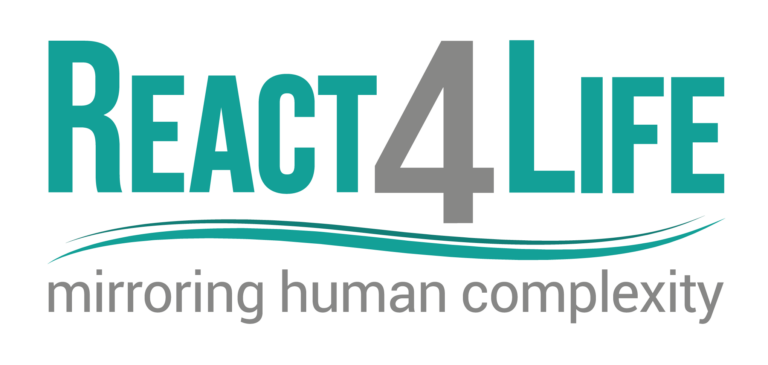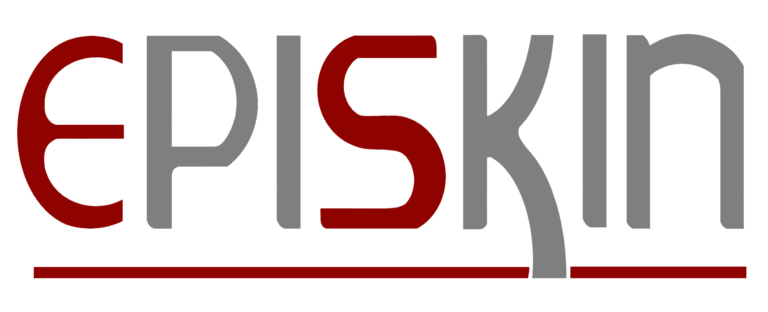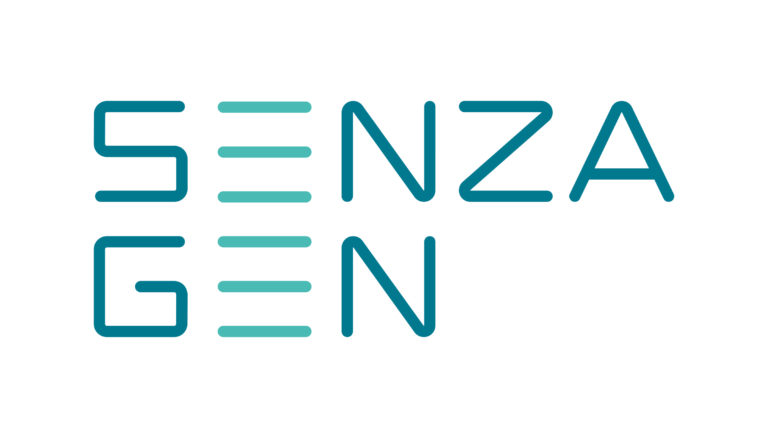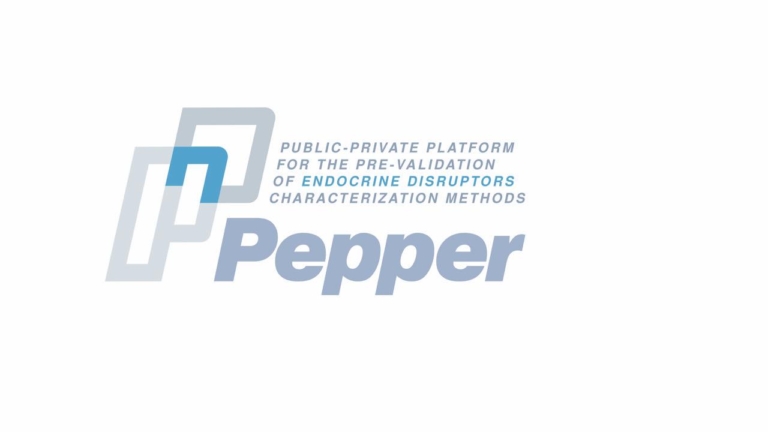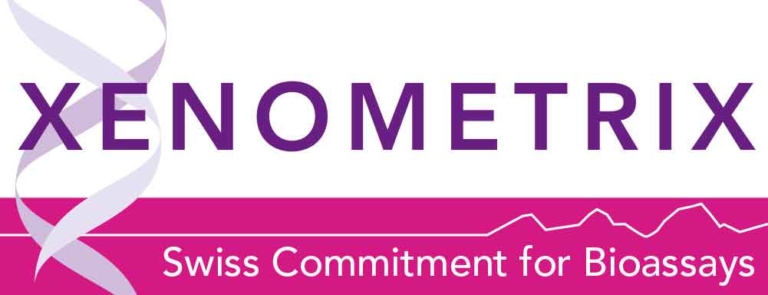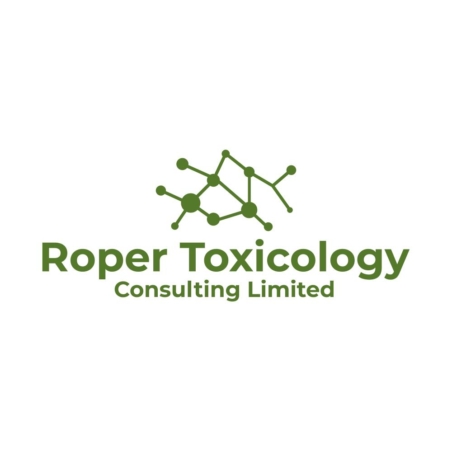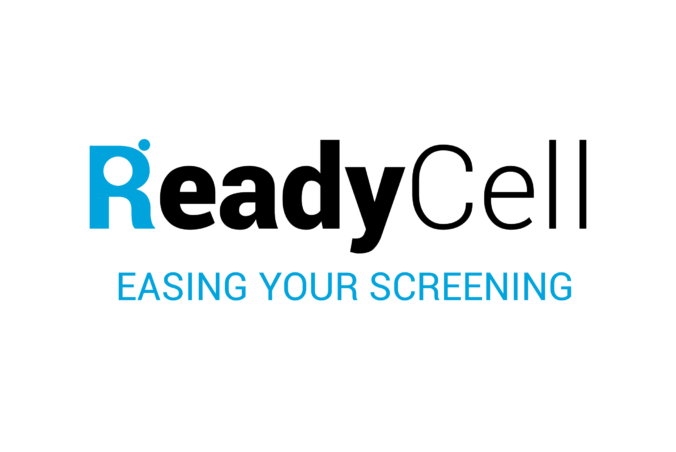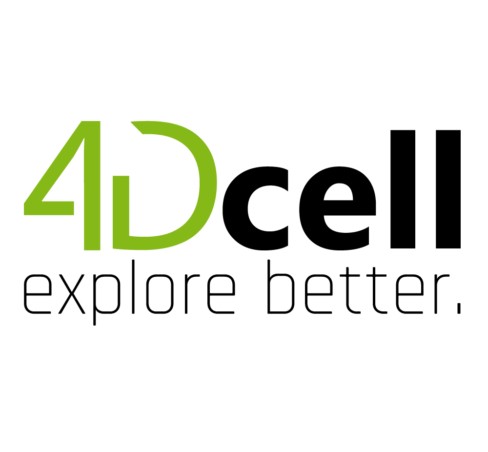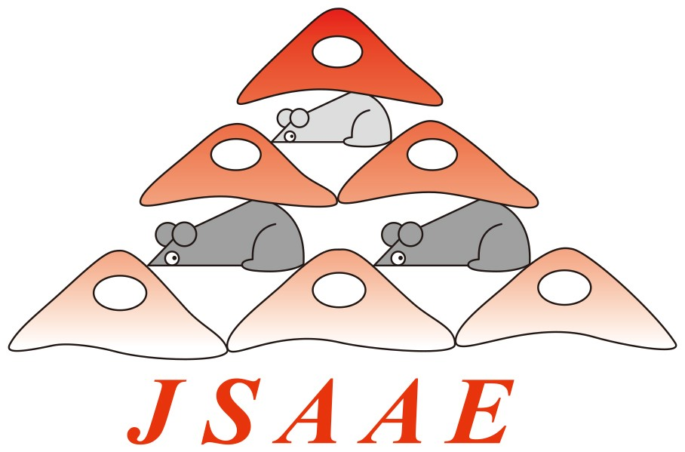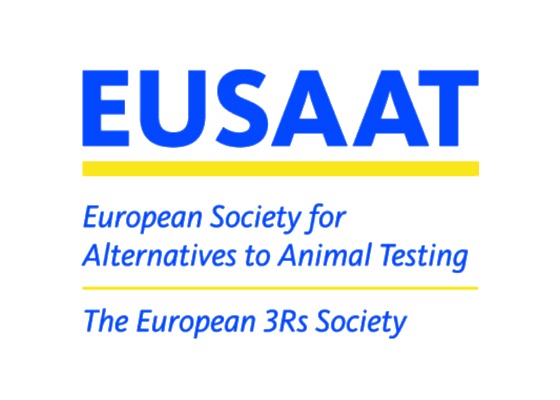The Society for the Advancement of AOPs Knowledgebase Interest Group (SKIG) has recently issued its activity report, reflecting the ongoing contributions and future plans of this vibrant assembly of over 40 international experts. SKIG focuses on hands-on ways to improve the Adverse Outcome Pathways (AOP) framework, which is crucial for the development and regulatory acceptance of in-vitro methods that reduce reliance on animal testing.
The SKIG report covers the group’s activities in 2023 and 2024, highlighting the dynamic discussions and presentations that tackle both technical and scientific topics critical to the AOP domain. These include ontology-based harmonization, AI tools for AOP development, integration of omics data, and automated access to AOP-Wiki contents. The report also underscores SKIG’s pivotal role in supporting the European Union’s policy on animal protection and the roadmap towards phasing out animal testing for chemical safety assessments.
AOPs provide a structured approach to understanding the progression of toxicological effects from a molecular-level interaction (Molecular Initiating Event, MIE), through a series of Key Events (KEs) to an Adverse Outcome (AO). This framework supports risk assessment and regulatory decision-making by offering insights into the mechanisms of toxicity, allowing for a shift in focus from traditional animal testing towards in-vitro methods. By concentrating on (early) key events rather than solely on monolithic adverse outcomes, AOPs pave the way for a more nuanced understanding of toxicological processes.
SKIG operates under the umbrella of the Society for the Advancement of AOPs (SAAOP), which has recently joined forces with the European Society for Toxicology In-Vitro (ESTIV). While SAAOP remains an independent body, this collaboration enhances its administrative and organizational capabilities, allowing SAAOP to focus more on its technical mission and increase its scientific initiatives. This partnership also enables SAAOP to host satellite events in coordination with ESTIV’s meetings, fostering greater engagement and collaboration within the scientific community.

 The ESTIV Members Area
The ESTIV Members Area